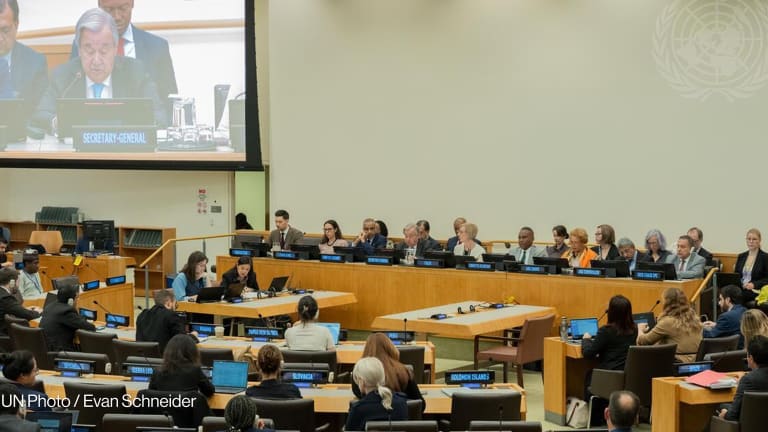Wanted: cheap housing in an affordable city for U.N. institutions, diplomats, and civil servants forced by high rents out of Geneva and New York City.
The United Nations is not yet ready to pack all its bags and ditch its historic headquarters, but a financial retrenchment by the United States and other traditional donors from global institutions is setting the stage for the relocation of back-office work to less expensive cities.
And governments hoping to take advantage are rolling out the red carpet.
Printing articles to share with others is a breach of our terms and conditions and copyright policy. Please use the sharing options on the left side of the article. Devex Pro members may share up to 10 articles per month using the Pro share tool ( ).








